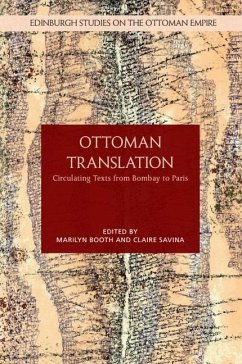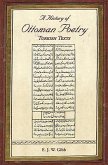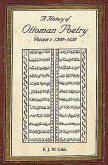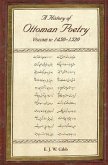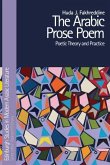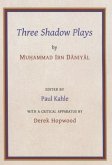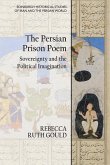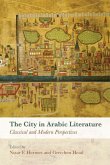Studies translation into and among the Ottoman Empire's many languages A vigorous translation scene across the 19th-century Ottoman Empire - government and private, official and amateur, acknowledged and anonymous - saw many texts from European languages rewritten into the multiple tongues that Ottoman subjects spoke, read and wrote. Just as lively, however, was translation among Ottoman languages, and between those and the languages of neighbours to the east. The proliferation and circulation of texts in translation and adaptation leads us to ask: What is an 'Ottoman language'? Following on from Booth's earlier volume, Migrating Texts: Circulating Translations around the Ottoman Mediterranean, this volume challenges earlier scholarship that has highlighted translation and adaptation from European languages to the neglect of alternative translations, re-centring translation as an Ottoman 'hub'. Through 8 collaboratively written case studies, stretching linguistically and geographically from Bengal to London, Istanbul to Paris, Andalusia to Bosnia, it peers over the shoulders of working translators to ask how they creatively transported texts between as well as beyond Ottoman languages. In doing so, it also ponders broader issues of cultural transfer and culture production in the Ottoman Empire, its European and Arabophone territories and south Asia in a period of emerging nationalist ferment. Marilyn Booth is Khalid bin Abdallah Al Saud Professor for the Study of the Contemporary Arab World, University of Oxford. Claire Savina is an independent author, translator and researcher. She pursued Arabic Studies and Comparative Literature at the Sorbonne and was research associate at the University of Oxford.
Hinweis: Dieser Artikel kann nur an eine deutsche Lieferadresse ausgeliefert werden.
Hinweis: Dieser Artikel kann nur an eine deutsche Lieferadresse ausgeliefert werden.

